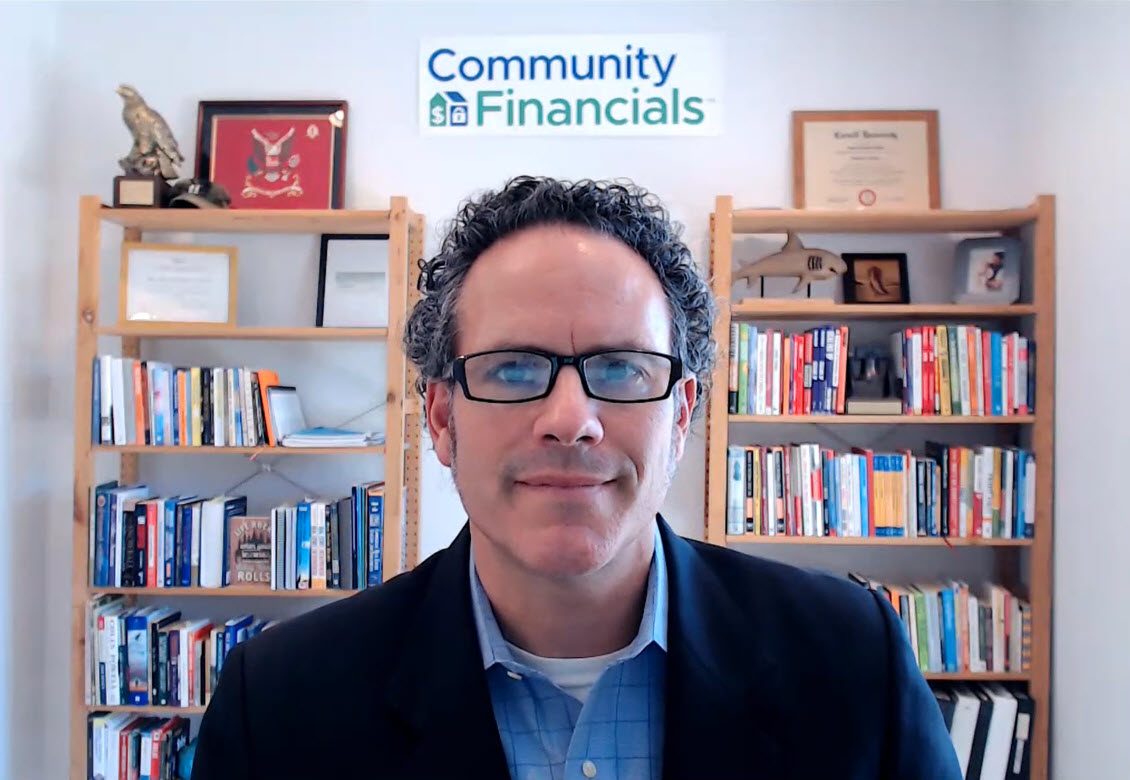Self-Management with Support May Be the Best Solution for Your Community
When Should My HOA Consider Self-Managing With Accounting Support?
Over one third of condo communities and homeowner associations (HOAs) are self-managed. If you have 200 units/homes or less or have a high level of board participation you are a prime candidate to self-manage with support. By support I mean with financial management services, administrative services and relying other professionals. Benefits include saving money, increased control and often less frustration. Self-management with support may be the best solution for your community.
Community Associations Institute (CAI) defines a self-managed community as meaning they may use professional assistance for specific projects, activities and services, but do not employ a professional manager or management company.
You Won’t Be Alone
According to the most recent Community Associations Institute (CAI) Statistical Review an estimated 30-40 percent of community associations are self-managed. The number of community associations in 2018 is estimated at 347,000 which included 27 million housing units. If we use 35% that are self-managed that means approximately 121,450 communities and 9.45 million housing units are self-managed. A lot of communities use this form of management successfully.
The Myth of the Burden
But you heard self-management is hard? No one has time to volunteer for the board. No one wants to do all the additional work involved. Well guess what – board members don’t have to do all the work themselves – does that alleviate some of your fear? Maybe the self-managed community board member that told you it was a lot of work isn’t using the formula for success outlined below.
Which HOA Aspects to Outsource?
Financial Management Services
Handle all the monthly accounting activities such as: mail or email monthly, quarterly or annual statements or coupon books, deposit funds, answer owner payment questions, apply late fees and send late letters to delinquent owners, pay approved bills, answer vendor payment questions, send out year end 1099 tax forms, liaise with your collection attorney with late payers, produce monthly financial reports and reconcile the reports against your bank accounts. You don’t have to worry about pestering your neighbor that paid late or have to keep track of all the accounting activity on your own.
Administrative Services
Handle many of the common administrative tasks a community needs such as: assist with community mailings, handle resale certificates and lender questionnaires for refinancing, offer 24/7 emergency maintenance call handling, keep unit owner rosters and more.
Rely on Your Current Cast of Professionals
You probably have been using a host of community specialists successfully and that doesn’t have to change when you become self-managed. Use your attorney that specializes in community associations to handle legal issues and foreclose on delinquent owners. Continue using your CPA that knows community associations to do your tax return and audit. Utilize all the good maintenance & construction vendors that have worked hard for your community who will still want to work for you – just get the vendor list from your manager before you leave.
By using these services you will also have an easier time attracting people to the board and keeping them on the board. They won’t get burned out from doing all the work themselves feeling like it’s a pain in the patoot, part time, non-paying, underappreciated job. Instead they will be supervising vendors that handle the majority of the work and provide guidance to make the board’s job easier.
The Numerous Benefits of Self-Managing Your HOA with Accounting Support
You can get what you want: less frustration, increased control and save big money without having the burden of traditional self-management. By partnering with professionals you will get the support you need to make a change from “full management” to self-management with a much reduced and manageable workload.
If you want to learn more about making a change to becoming self-managed read our 10 Steps to Self-Manage your Community guide.


